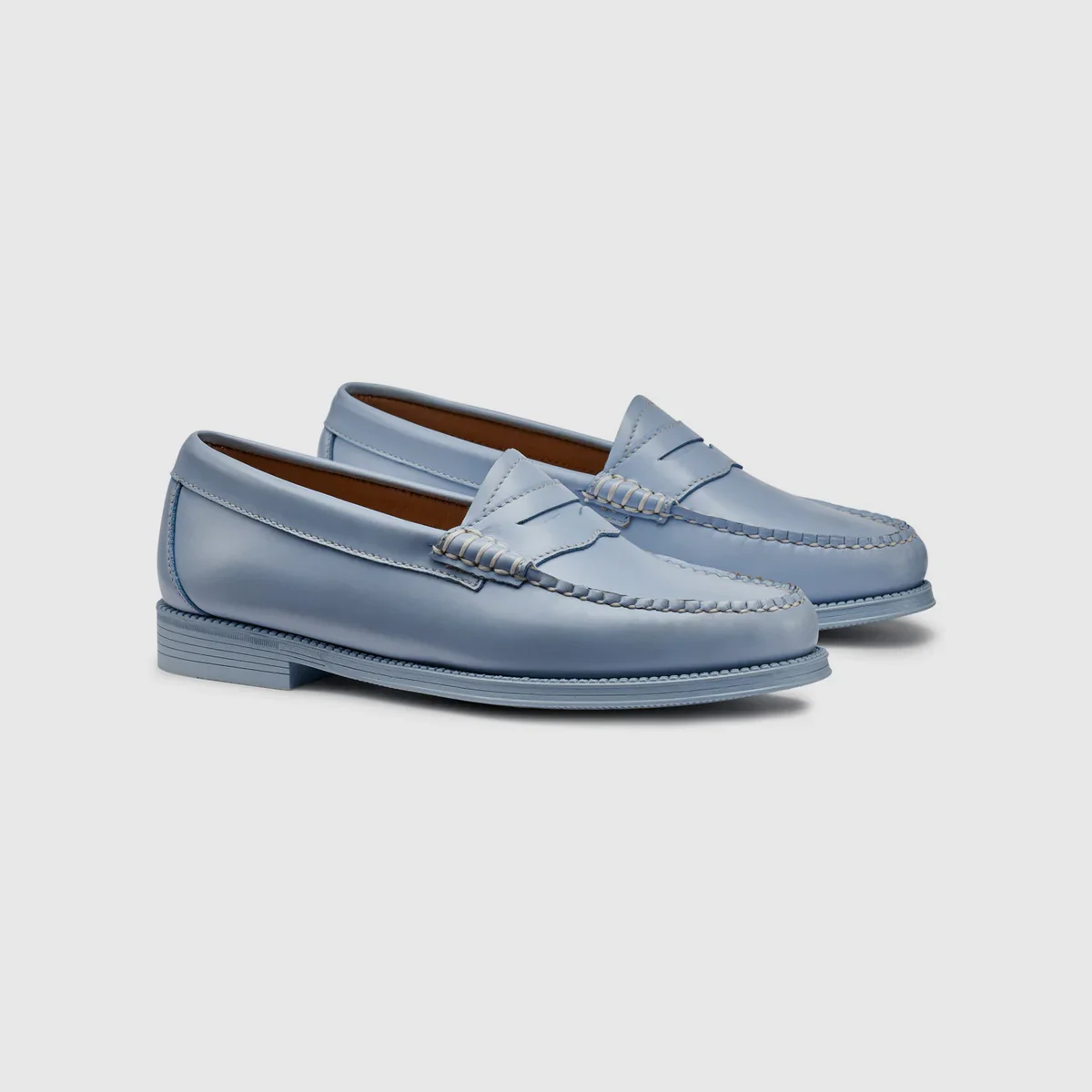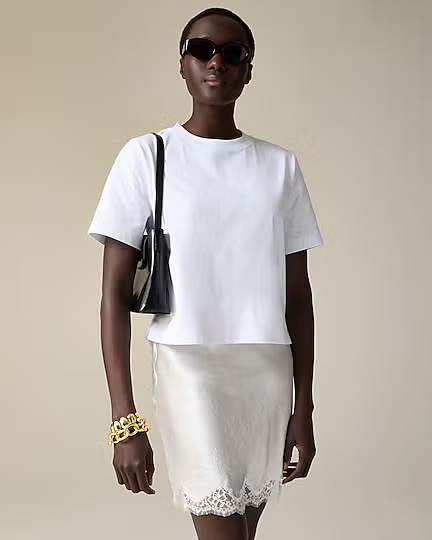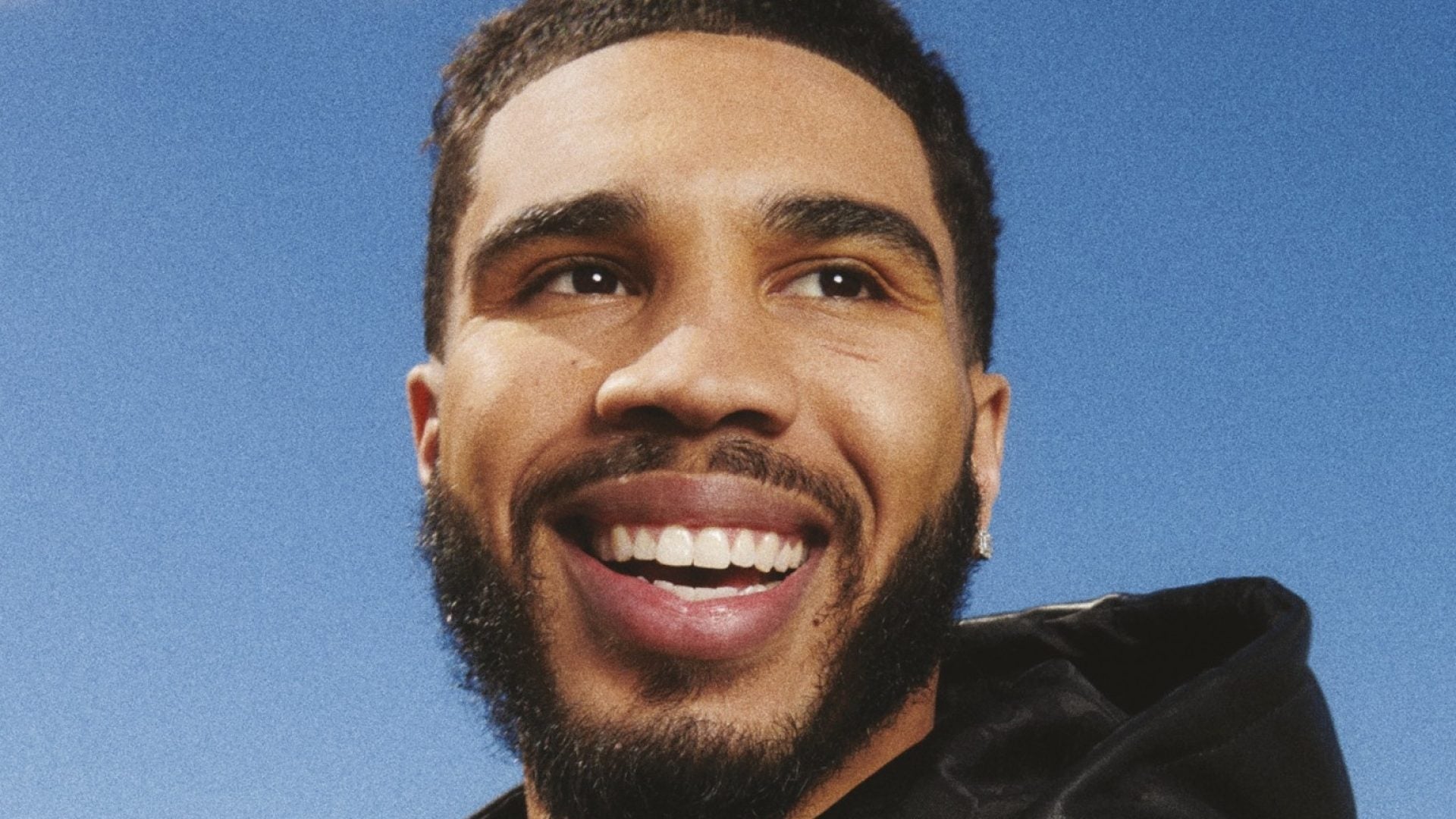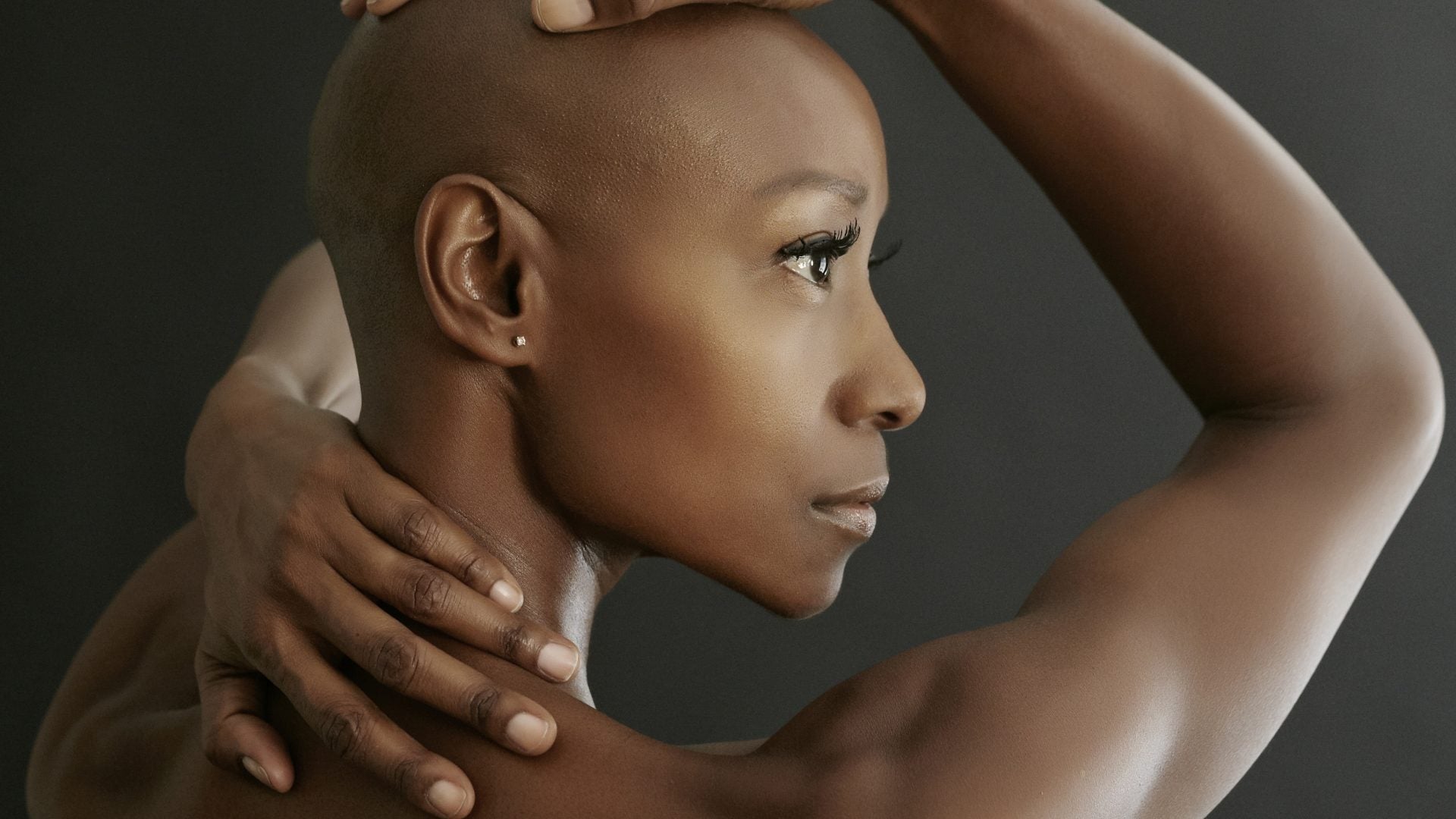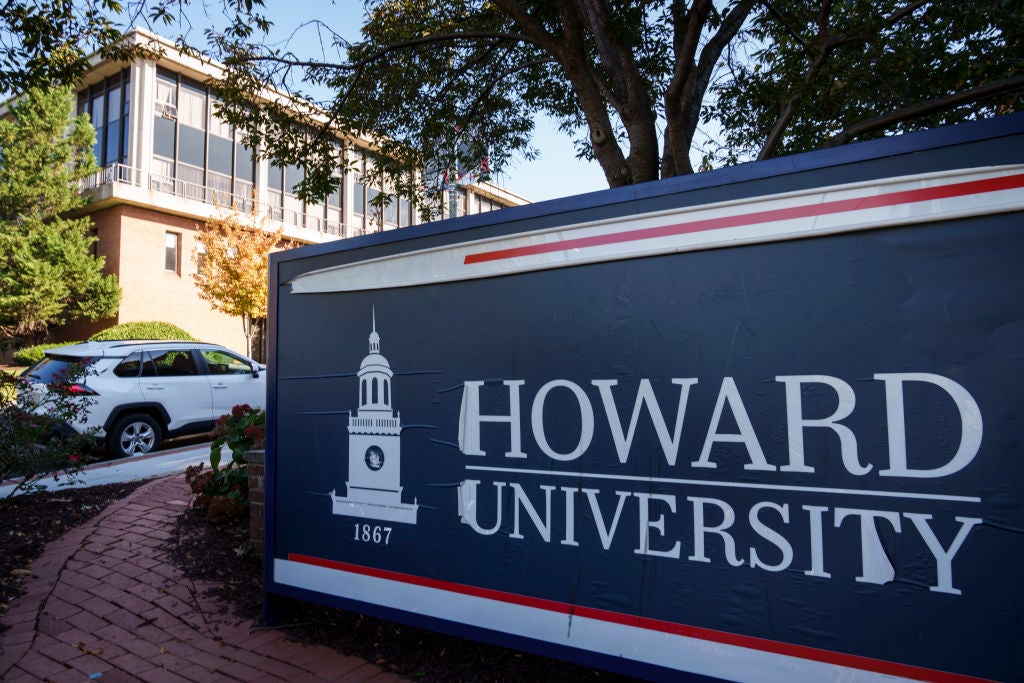
On Saturday, Howard University made history as the first-ever HBCU with a figure skating team to compete in an inter-collegiate competition. In Newark, “[t]he Howard University Ice Skating Organization compete[d] in US Figure Skating’s Southeast divisional competition at the University of Delaware,” which was held on Feb. 24 through 25.
And it’s certainly been a long road. In fact, someone once told Howard University Coach Jordan McCreary Graham, “Black people don’t skate,” when she was a student at North Carolina Central University.
This statement can be attributed to the long history of discrimination in the sport. Initially, Blacks were excluded from “[t]he first U.S. skating clubs — local organizations that host test sessions, competitions and shows — [which] were founded on the East Coast in the mid-1800s.”
Mabel Fairbanks overcame many barriers when she began skating in the early 1900s. Despite the odds, she became one of the first prominent Black figure skaters. Tai Babilonia, a former pupil of Fairbanks, described how “Mabel is the woman who paved the way for skaters of all color…She would say you’ll have to jump higher, spin faster and shine brighter because you look a little different from the other skaters.”
In 1976, Babilonia was the first Black U.S. figure skater to qualify for the Olympics, and did so again in 1980. “[I] 1988, Debi Thomas won bronze, making her the first Black American to medal at the Winter Olympics. But there still aren’t many Black figure skaters, especially in the upper echelons of the sport. Since Thomas, only one Black American figure skater has gone to the Olympics — Aaron Parchem in 2006,” NBC reports.
Fast forward to present day, and Maya James and Cheyenne Walker didn’t even know each other when they were applying to college. But that all changed after the two ultimately made the decision to attend Howard University.
Psychology major Maya James was determined to found a figure skating team at the HBCU and she teamed up with Cheyenne Walker to do so. The two co-founders now serve as president and vice-president respectively.
“I don’t think it’s hit me yet how big it really is,” said James. “I’m just happy that we actually were able to move this thing forward. This small idea really turned into a big one.”
“It is such an amazing thing to see how we’re bringing people into the sport and really diversifying the sport,” stated Walker. “And at the end of the day, that’s really what the goal is.”
But going into the competition this weekend wasn’t without its disadvantages. “We’re probably going to be competing against people who skate on the ice maybe two or three times a week,” Walker revealed. “We didn’t really have that opportunity to get consistent ice time until this semester, and it’s only [been] one month.”






However James shared that they aren’t feeling the pressure about being at this monumental event. “Since we’re like a baby organization, I’m not too concerned with winning as of right now, but I’m just happy to be there, and be included into the collegiate figure skating space.”
Despite the possible setbacks, over the weekend James finished fifth out of 11th in her event, the Juvenile Women Short Program.
Coach McCreary Graham is hopeful that this will “start a trend for other HBCUs.”
